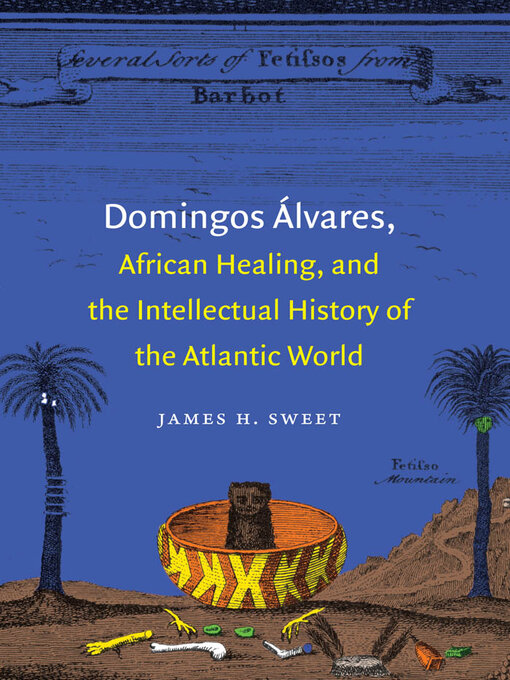- Fiction
- Nonfiction
- Biographies and Autobiographies
- Religion and Spirituality
- Politics
- Universal Human Rights Month 2022
- Self-Care January 2023
- See all
Alvares treated many people across the Atlantic, yet healing was rarely a simple matter of remedying illness and disease. Through the language of health and healing, Alvares also addressed the profound alienation of warfare, capitalism, and the African slave trade. As a result, he and other African healers frequently ran afoul of imperial power brokers. Nevertheless, even the powerful suffered isolation in the Atlantic world and often turned to African healers for answers. In this way, healers simultaneously became fierce critics of Atlantic imperialism and expert translators of it, adapting their therapeutic strategies in order to secure social relevance and even power. By tracing Alvares' frequent uprooting and border crossing, Sweet illuminates how African healing practices evolved in the diaspora, contesting the social and political hierarchies of imperialism while also making profound impacts on the intellectual discourse of the "modern" Atlantic world.|Between 1730 and 1750, powerful healer and vodun priest Domingos Alvares traversed the colonial Atlantic world like few Africans of his time—from Africa to South America to Europe—addressing the profound alienation of warfare, capitalism, and the African slave trade through the language of health and healing. In Domingos Alvares, African Healing, and the Intellectual History of the Atlantic World, James H. Sweet finds dramatic means for unfolding a history of the eighteenth-century Atlantic world in which healing, religion, kinship, and political subversion were intimately connected.

